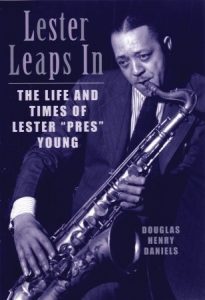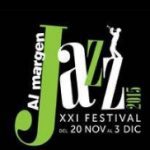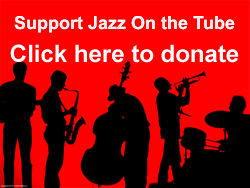For more Jazz on the Tube podcasts click here
Interview
Download the mp3 here
 Professor Douglas Henry Daniels (Emeritus) of the University of California at Santa Barbara is author of the following books:
Professor Douglas Henry Daniels (Emeritus) of the University of California at Santa Barbara is author of the following books:



More Jazz Resources:
Visit JazzontheTube.com’s video archive of over 2,000 annotated class jazz videos, the largest collection on the Internet.
And don’t forget our comprehensive, up-to-date global list of jazz clubs, jazz radio stations, festivals, and jazz education programs.







 Charlie Parker
Charlie Parker